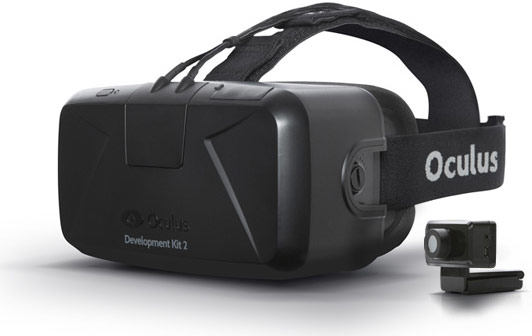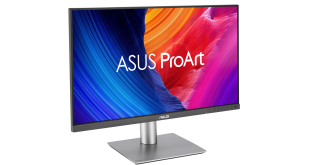Tim Sweeney, the founder of Epic Games and one of the best experts in computer graphics and video games in the world, believes that virtual reality will have dramatic influence on gaming. Moreover, rapid development of VR will mean that 10 years from now it will be impossible to distinguish between reality and virtual reality.
Computer graphics in general is evolving pretty quickly thanks to development of graphics processing units and new game engines. Tim Sweeney, whose company Epic Games is behind Unreal Engine, one of the most advanced 3D engines for video games in the industry, believes that the same thing will happen to evolution of virtual reality computer graphics, which includes quick development of both software and hardware.
“It is going to change the world,” said Tim Sweeney in an interview with Engadget. “The hardware is going to double in quality every few years for another decade, to the point where, 10 years from now, it is going to be hard to tell the difference between virtual reality and the real world.”
While there is a lot of hype regarding virtual reality on the market these days after Facebook acquired OculusVR for $2 billion last year, there are almost no actual VR headsets and virtual reality games on the market, except experimental hardware and software. In fact, the VR gear in general has not even entered the market of early adopters. However, software developers are working on multiple interesting virtual reality projects that will emerge in 2016 and onwards, according to the founder of Epic.
“There are some amazing things happening in VR right now, and a lot of them have not seen the light of day publicly at all,” said Mr. Sweeney. “But next year is going to just be a watershed time for VR.”
Sweeney predicts that this year will be crucial for virtual reality. OculusVR is expected to finally release its highly-anticipated commercial version of Oculus Rift VR headset and a number of other companies are working on their virtual reality gear too. Software makers are also projected to reveal their VR products.
Discuss on our Facebook page, HERE.
KitGuru Says: There are no doubts that the ultimate goal of virtual reality technologies is to match real life and eventually it could be achieved. However, before VR starts to evolve at a rapid pace, industry standards will have to be created. If there is a standards war between OculusVR, Microsoft (and its HoloLens), Sony (project Morpheus), Razer OSVR and others, do not expect VR technology in general to become ubiquitous any time soon.
 KitGuru KitGuru.net – Tech News | Hardware News | Hardware Reviews | IOS | Mobile | Gaming | Graphics Cards
KitGuru KitGuru.net – Tech News | Hardware News | Hardware Reviews | IOS | Mobile | Gaming | Graphics Cards




It’s not about vr being realistic its about applications being realistic. games being realistic. And we know there are certain limitations in the gaming industry preventing us from getting to that human realism status
The limitations I can think of basically come down to processing power. We can build photo realistic models on a computer and render the stills pretty easily. Further more, resolutions above 4k are basically indistinguishable to the human eye from real life resolution. So I’d say we’re not very far away at all from the possibility of realistic VR. But hey, I’m an optomist.